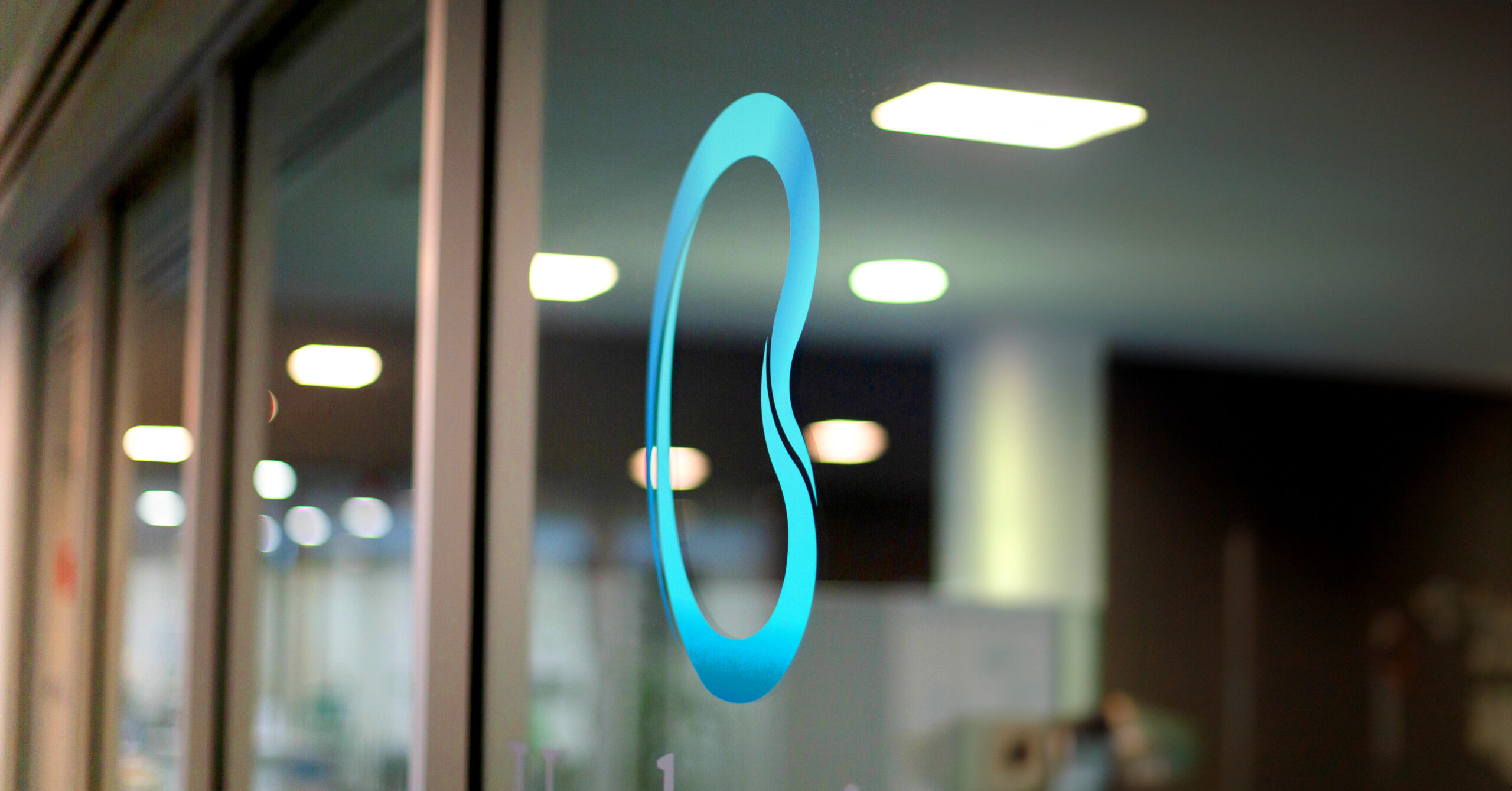
What is a Flexible Cystoscopy?
A flexible cystoscopy is a procedure where a narrow telescope is used to inspect the urethra, prostate and bladder. A flexible cystoscopy is performed as a day procedure.
We would recommend a flexible cystoscopy if there is blood in the urine, either microscopic or visible. Other indications would be to assess difficulties passing urine or to investigate urinary tract infections.
The procedure only takes about ten minutes. A lubricant with anaesthetic is placed in the urethra which minimises pain and will make it easier to pass the cystoscope. There are no needles required. A fine flexible tube is carefully passed down the urethra into the bladder under vision.
We use sterile water to help visualise the urethra and bladder.
Preparing for your procedure
No special preparation is required
- Please continue to take all your usual medications.
- You do not need to fast (f performed with a local anaesthetic
- There is no restriction on driving after this procedure (f performed with local anaesthetic)
What to expect afterwards
As we fill the bladder with water you will most likely need to empty your bladder after the procedure. You may experience some stinging when you pass urine afterwards for up to 24 hours. It is rare for it to last longer. Please contact us if this occurs. We suggest drinking some extra fluid for 24-48 hours until this settles.
Complications
These are uncommon. Occasionally there may be a small amount of blood in the urine.
There is a small risk (3%) of developing a urinary tract infection. These symptoms include burning when you pass urine, needing to pass urine frequently and having to get to the toilet in a hurry. If you think you may have an infection or your symptoms seem unusually severe then contact us at Urological Solutions.
After discharge from hospital
You should drink extra fluid over the first week or two after surgery. Drinking 1500-2000mL per day is usually satisfactory. Do not drink excessively. Aim to keep your urine a pale yellow or straw colour. If you find your urinary symptoms are not improving or become worse, then you could have
an infection. Either contact our office or see your GP to organise a urine test.
If you do notice an increased amount of blood in the urine, then drink extra water to dilute the urine. Occasionally there is more excessive bleeding, and maybe clots in the urine that make it difficult to pass. If this occurs then please contact our office, contact your GP or present to a hospital emergency department for assessment.
Patients who are travelling outside the metropolitan area are required to check when they are able to travel, and will be required to stay in the metropolitan area for 24 hours (or as instructed by your Urologist).
Driving
You can drive after the procedure, after having local anaesthetic.
You should not drive for at least 24 hours after having sedation / general anaesthetic (or as instructed by your Urologist).
Emergency Contacts
In the event of an emergency, call our office within business hours and speak to our Practice Nurse. If out of hours, please call our office to contact our On-Call Urologist, or present to your nearest Emergency Department.
Ashford Hospital
55 Anzac Highway, Ashford SA 5035
8375 5205
Until 10:00 PM
Flinders Medical Centre (access to Flinders Private Hospital)
Flinders Drive, Bedford Park SA 5042
8204 5511
24 Hours
Calvary Adelaide Hospital
120 Angus Street, Adelaide SA 5000
8227 7027
24 Hours Royal
Royal Darwin Hospital
Rocklands Drive, Tiwi NT 0810
8922 8888
24 Hours
**For patients outside the Metropolitan area, please present to your nearest hospital emergency department.
Follow Up
We can let you know the result of the test on the day and what further investigations or treatment will be required
If you have any concerns after your procedure, then please contact us at Urological Solutions.
The content provided within this document is intended as a guide only and does not apply to all patients. Additional information, including patient specific potential risks, must be obtained during consultation with your Urologist.